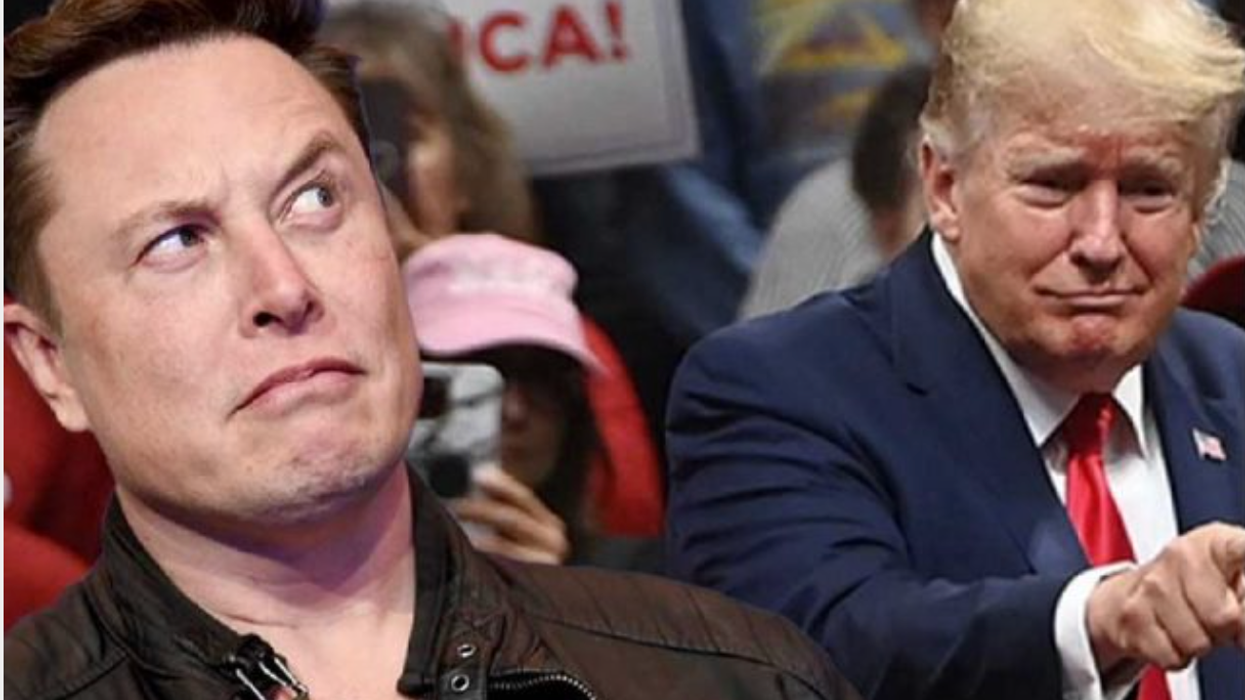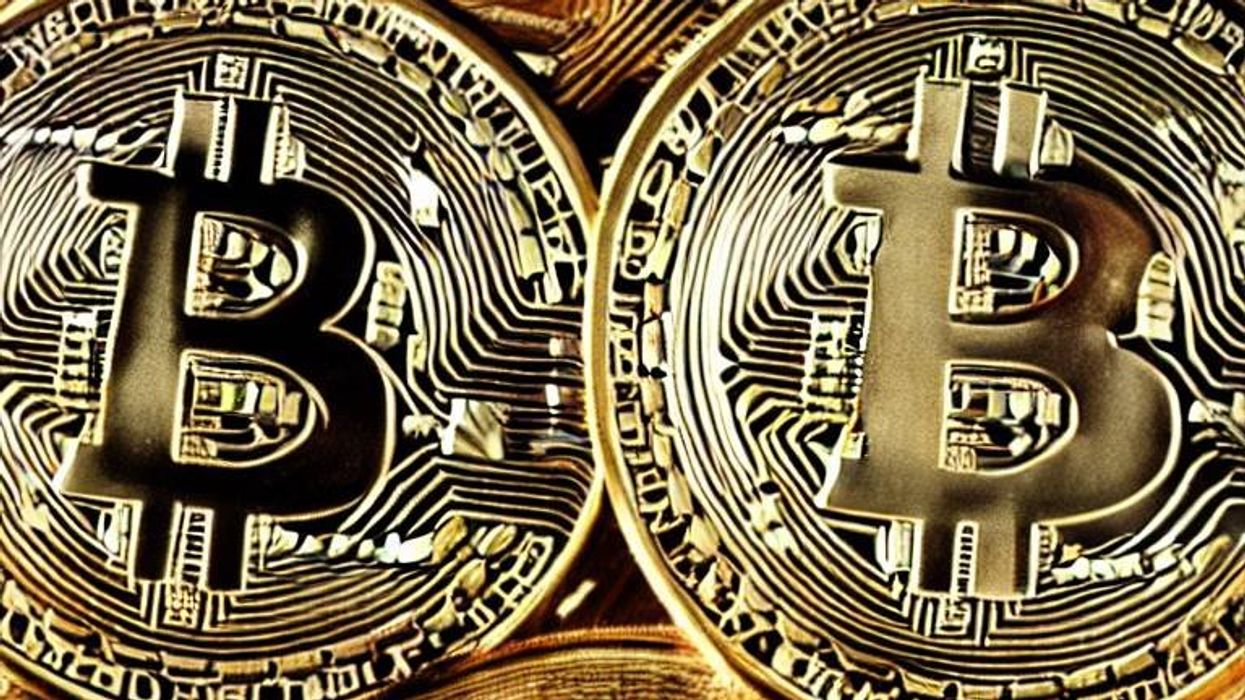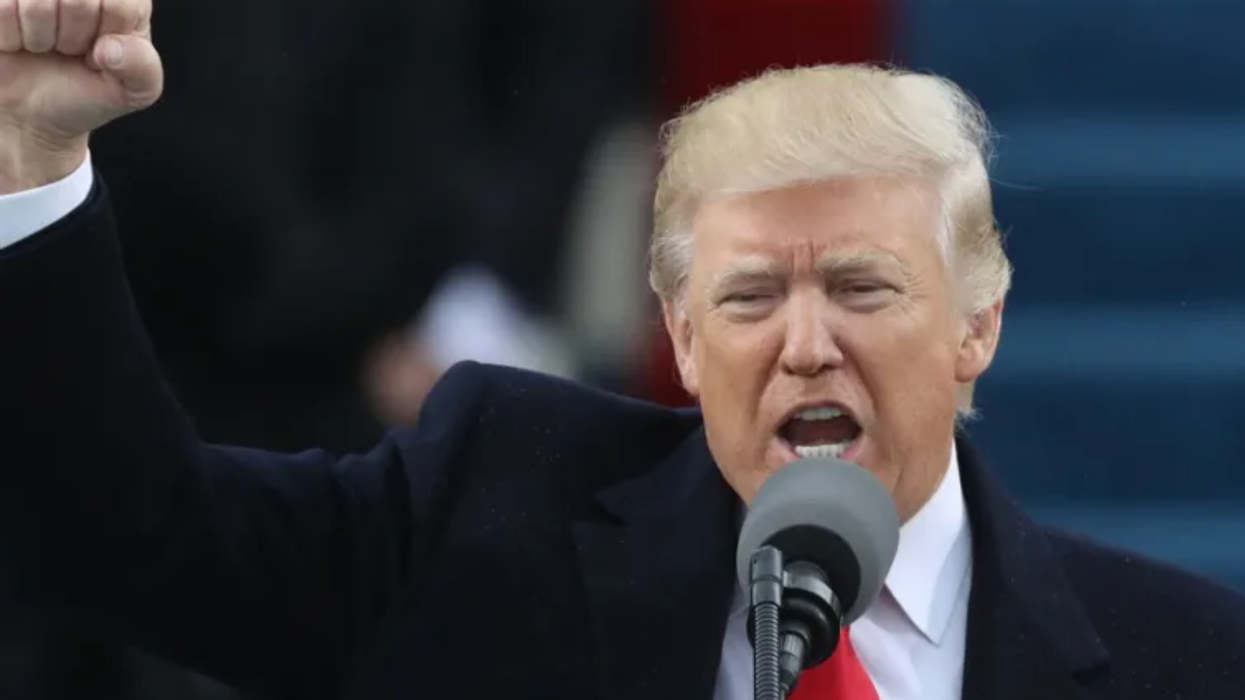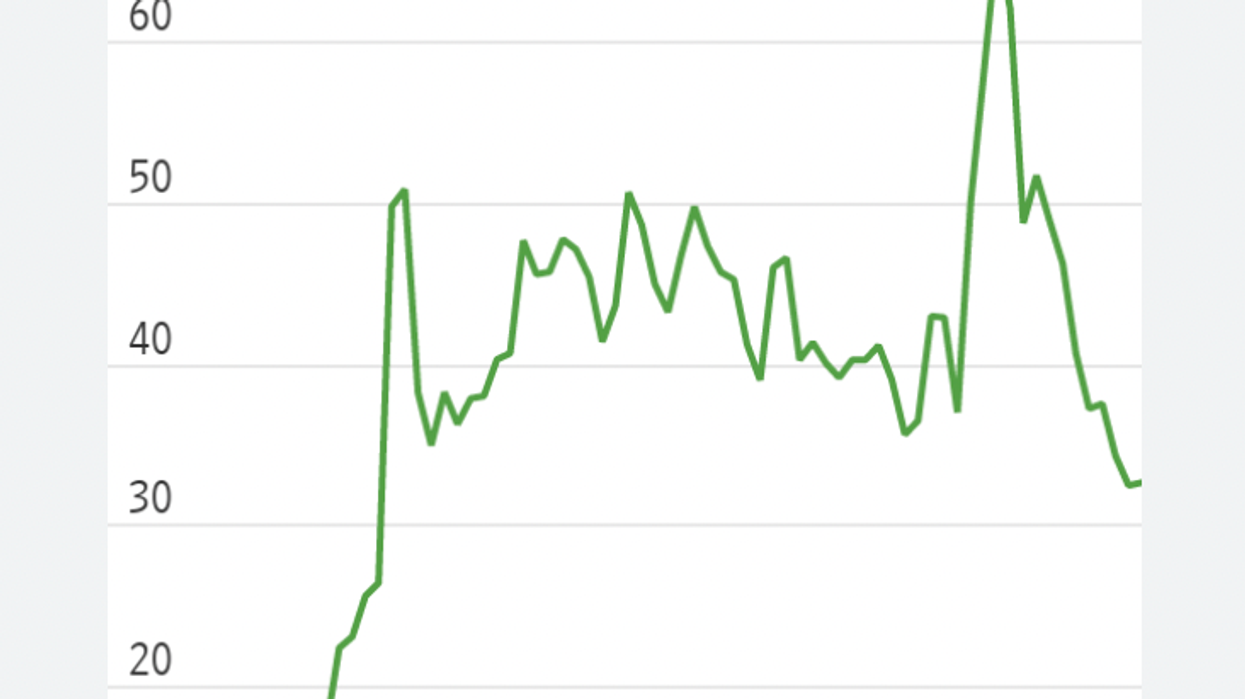Deport Musk? Break Out The Popcorn For Don And Elon's New Slapfest
It won’t come as much of a surprise that our…cough cough…president was awake at 12:44 this morning in the White House with his personal phone in his hand making threats on Truth Social against his one-time pal, the deficit slasher whose waste, fraud, and abuse cuts ended up costing more money than they saved:
“Elon Musk knew, long before he so strongly Endorsed me for President, that I was strongly against the EV Mandate. It is ridiculous, and was always a major part of my campaign. Electric cars are fine, but not everyone should be forced to own one. Elon may get more subsidy than any human being in history, by far, and without subsidies, Elon would probably have to close up shop and head back home to South Africa. No more Rocket launches, Satellites, or Electric Car Production, and our Country would save a FORTUNE. Perhaps we should have DOGE take a good, hard, look at this? BIG MONEY TO BE SAVED!!!”
Why did Donny have his Depends in a wad, you might ask? Elon was threatening to form a new political party and run candidates against every Republican who voted for Trump’s Big Deficit-Busting Bill:
“It is obvious with the insane spending of this bill, which increases the debt ceiling by a record FIVE TRILLION DOLLARS that we live in a one-party country—the PORKY PIG PARTY!! Time for a new political party that actually cares about the people.”
And then Musk, who only a month ago had announced that he would be cutting back on his political spending, posted this:
“Every member of Congress who campaigned on reducing government spending and then immediately voted for the biggest debt increase in history should hang their head in shame! And they will lose their primary next year if it is the last thing I do on this earth.”
The bill passed the Senate yesterday morning, of course, and heads over to the House, where Speaker Mike “Biblical Law” Johnson will push it through despite the fact that it will probably close half the rural hospitals in his state of Louisiana.
$930 billion in Medicaid cuts. $120 billion in SNAP food stamp cuts. 12 million fewer people will receive Medicaid benefits according to the Congressional Budget Office.
$3.3 trillion added to the budget deficit over the next ten years, but who’s counting?
Elon Musk, that’s who.
Trump hadn’t gotten back on Air Force One yet from his visit to the Everglades site of his newest concentration camp, which they’re calling “Alligator Alcatraz.” But look for him calling on Attorney General Pam Bondi to use the Civil Rights Division of the DOJ to go after Elon’s naturalization as a citizen.
Yep, that’s a thing. They announced yesterday that the division of the DOJ that used to sue counties in the South for denying Black citizens the right to vote will now be used to strip some naturalized Americans of their citizen ship:
“The Civil Division shall prioritize and maximally pursue denaturalization proceedings in all cases permitted by law and supported by the evidence," wrote Assistant Attorney General Brett A. Shumate in a memo.
Elon, a former citizen of South Africa, is naturalized. Asked on his way out of the White House to get on Air Force One if he has plans to deport Elon Musk, Trump answered, “I don't know, we'll have to take a look.”
Keep your popcorn handy and make sure your microwave is working. This is going to be good.
Reprinted with permission from Lucian Truscott Newsletter.












